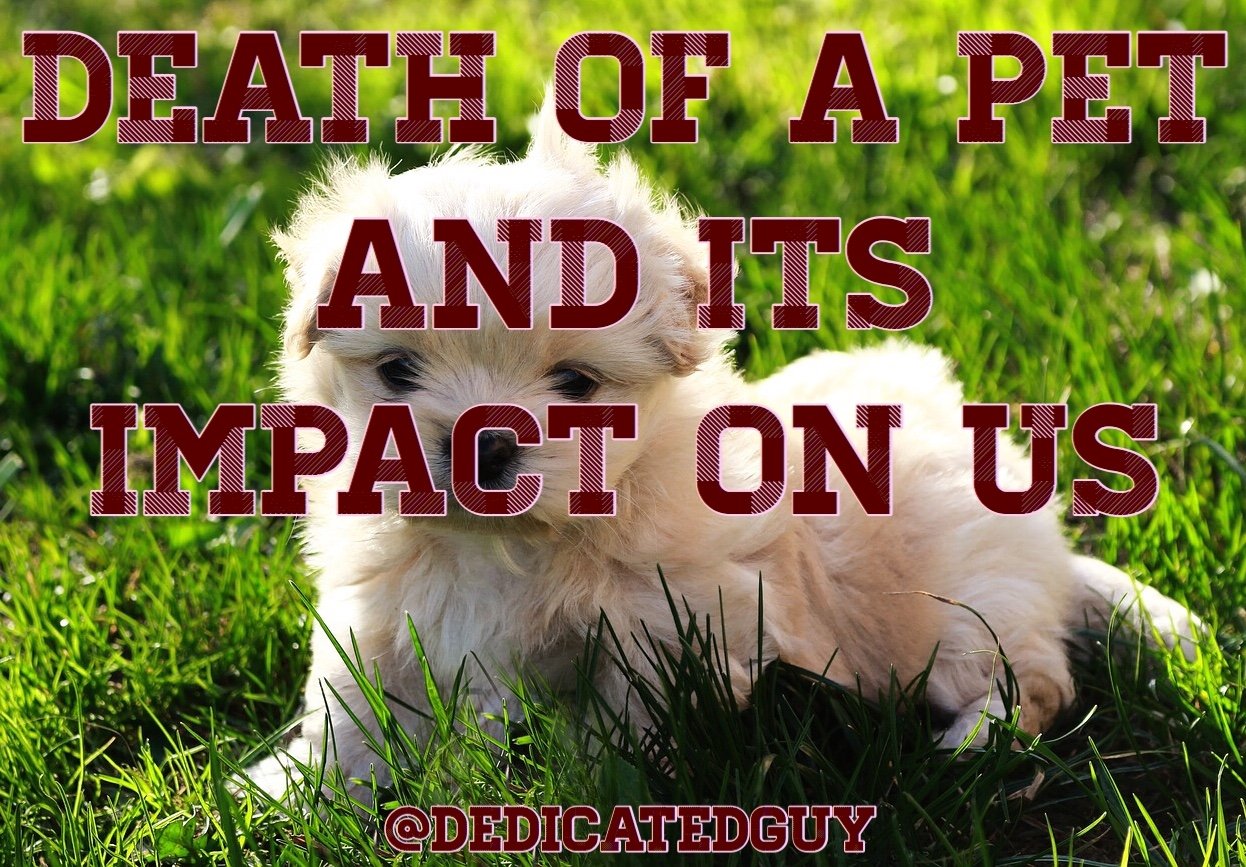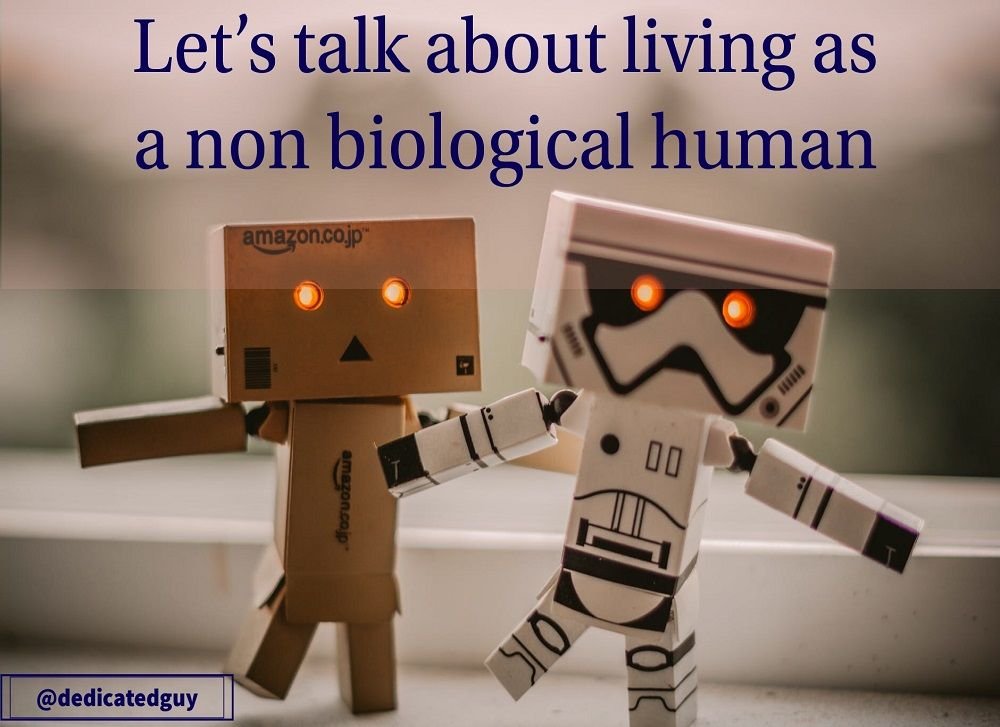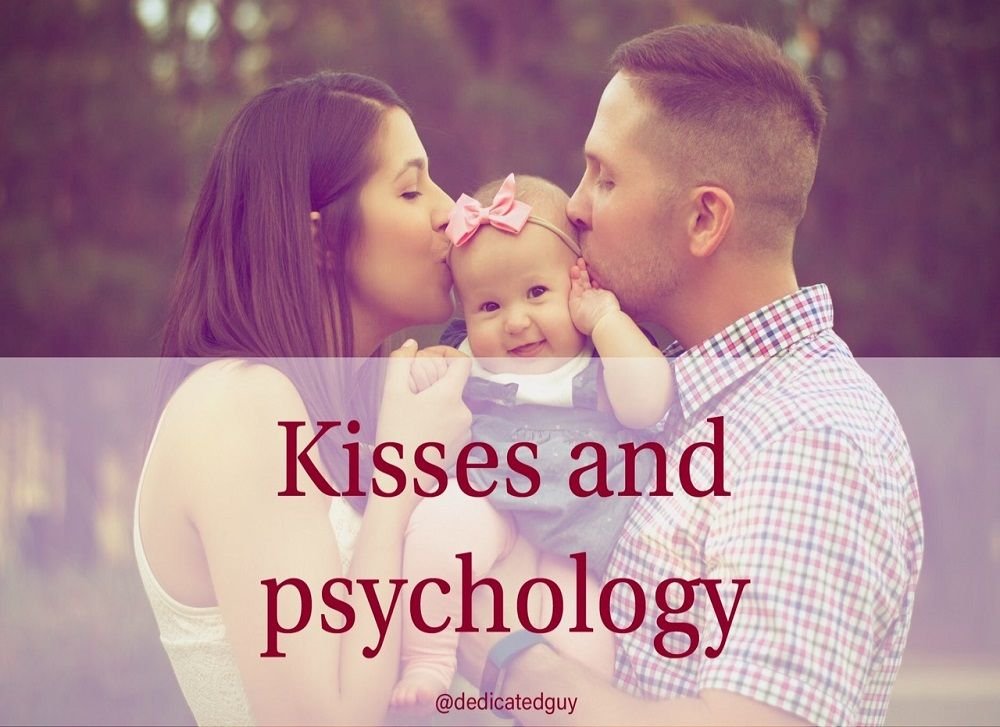

Introduction
A lot of people surely love having pets, we develop a special relationship with them and it may be difficult for those who have never had a pet to understand the fact that the death of a beloved pet may have a stronger impact on us than that of an individual with whom we had close and practically daily interactions (without being a family member or close friend of course), or if not more, at least it affects us in a comparable way with regards to the pain that supposes that kind of lost.
Nevertheless from an evolutionary perspective it does not make much sense since we dedicate time and effort to maintaining an affective bond with a species that is different from ours and, when the animal dies, we also sacrifice part of our comfort and happiness to mourn its death.

The common belief that “owners come to look like their pets” may not be a literal truism but rather a figure of speech indicating that our pets are our self-objects. | Source
Having a friendship with a pet does not mean following a cost-benefit strategy in which we take care of the animal to obtain a product or service in return. That is perhaps what would happen if the pet were a police dog or something similar. But it's not like that, our little friends are actually much more than just a simple pet.

When it comes to pets, dogs are probably the ones we interact the most
There is something that differentiates dogs from the other animals that have also traditionally been taken cared for and domesticated by humans and it is the fact that dogs have adapted perfectly to what we need. In almost every aspect, our modern dog have turn into the perfect companion, an animal that, despite not being able to think in an abstract way like we do, is capable of changing the behavior in the face of death or prolonged absence of his faithful human friend.
I am sure we have all heard about the case of the dog that for years waited for the owner to return. A more recent example of a dog showing an intense reaction after years without seeing her owner can be seen in the following video:
What makes these animals so precious, and what makes their loss so difficult, is that they simply create bonds of affection with other species without the need for special lessons on how to interact.
Dogs and other animals know they must play fair for play to work at all. Bigger, stronger, and more dominant dogs hold back through role-reversing and self-handicapping. Role-reversing occurs when a dominant animal performs an action during play that would not normally occur during real aggression | Source
The simple fact of looking at the eyes of a dog for long periods of time makes their brain begin to behave in the same way as the human being who is engaging with them, and oxytocin, the hormone of love, begins to be produced in great quantity, which results in both the human being and the dog in particular to coordinate this cycle of hormones between them.

The sociable quality of the wolf has been preserved, but throughout the thousands of years that have passed since the first domestication of the dog, these animals have begun to develop other intellectual characteristics that have brought them closer to us, they have become more curious than reserved, more playful than hostile, more tolerant towards change and, therefore, much more likely to learn new things from the guiding of another species.
In a way, a human quality which is the possibility of creating societies and transforming the environment, has served to change the genes of a part of the wolve population, making these animals find their place first in our primitive tribes and then in our modern civilization.

When a pet passes away
Realizing all of the above allows us to better understand why the death of a pet affects us so much. Essentially, because of their spontaneous behavior and their lack of knowledge about sophisticated social norms, our pets have been able to become our perfect intimate friends and companions in our everyday life, allowing us to relax with them.
In the case with dogs, they are neither self-absorbed enough to not react in any way to human presence or even avoid it, nor “human” enough to worry about their social image, fall into prejudice or stereotypes or manipulate another one and trying to win favors from said person. They are the pure image of authenticity.
When they die, we are losing a living being that offered us company totally based on the here and now, in the small moments, a being that appreciates all types of attention and interaction, without worrying about what others are going to think. In multiple ways, they allow us to enjoy someone's friendship without having to feel insecure about how we are, and knowing the friendship will always be corresponded.

Having a pet is much like being a parent. We are responsible for another life and often go to great lengths to ensure our pet’s physical and emotional comfort. Numerous activities revolve around our animal companion’s needs. We hire pet walkers and sitters to provide our furry friend with company or exercise. We go to dog parks to enhance our pooch’s life with social activity. | Source
It is likely that many people do not understand that suffering the lost of a pet is especially hard in cases where it is a dog that has died, and sometimes they may secretly think that the owners are acting exaggeratedly. However, it is worth knowing that experiencing a strong emotional pain is absolutely normal and logical in most cases, no one should question if this lost really justifies such an intense reaction, at the end of it, emotions are something very unique and private.

Conclusion
When we lost a loved one there is always an emotional breakdown, and with the case of pets the impact of this particular type of lose is indeed comparable to the loss of a beloved human being and there is also a high probability of having more problems dealing with the death of the pet, because, unlike with humans, there is not a standard way of handling these losses, so each person needs to improvise and figure out what to do.
Because of this, it might be a good idea for people to start performing commemorative acts for the pet, as formal farewell. It could be in letter format or maybe even reciting some words in their name. There are many options, but expressing the thoughts with words can be of great help in reorganizing one's feelings and ideas and also allows to capture how much joy the pet has brought us.
Have you had pets in your life? If so, which one was your favorite?
References
psychcentral – grieving the loss of a pet
psychologytoday – mind of dogs
Images sources
All images are from pixabay

If these titles sound interesting to you, I assure you the articles will be even better!


Let’s talk about living as a non biological human |

Kisses and psychology |
.jpg)
Is loneliness increasing in our society? |

